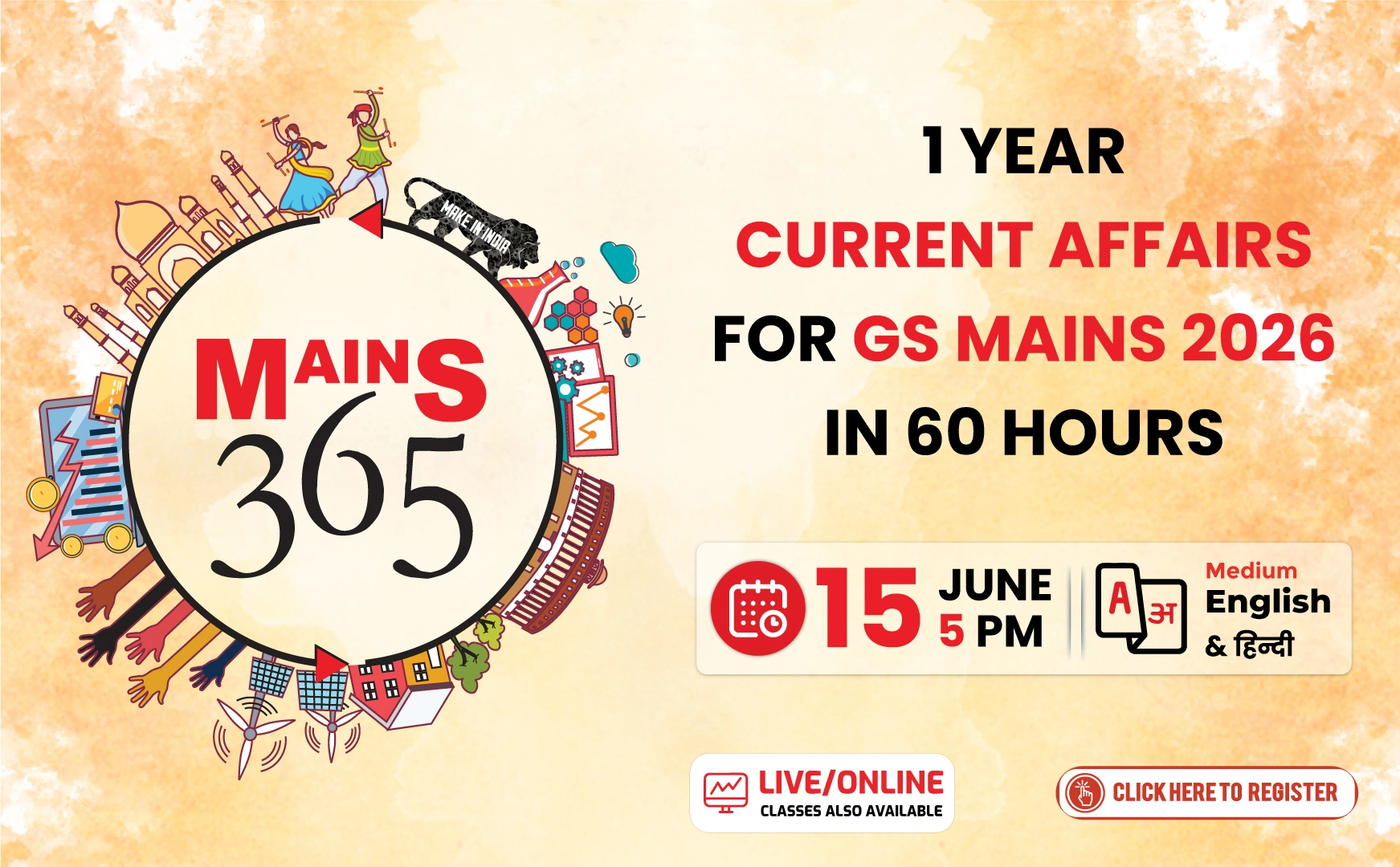Honoring Babasaheb Ambedkar's Legacy
India commemorates the birth anniversary of B. R. Ambedkar, the chief architect of its Constitution, by observing a public holiday on April 14. This highlights his significant contributions to shaping a liberal and democratic India where individual rights are paramount.
Ambedkar's Vision of Liberal Democracy
- Citizen-Centric Constitution: The Indian Constitution is designed with a focus on individual rights, ensuring governance without discrimination based on caste, creed, sex, or religion.
- Social Justice: Ambedkar advocated for temporary community-based reservations to address historical discrimination, aiming for eventual social and economic justice.
- Western Inspiration: Despite borrowing from Western ideals like liberty, equality, and fraternity, Ambedkar tailored these concepts to fit India’s unique context, embracing universal suffrage early on.
Indian Traditions and Constitutional Values
- Indian Thought and Universality: Traditional Indian beliefs include ideas of common humanity and brotherhood, akin to the constitutional value of fraternity.
- Vasudhaiva Kutumbakam: This ancient Indian principle, meaning "The World is One Family," aligns with the constitutional aim of unity in diversity.
- Liberalism's Indian Roots: Indian culture has historically celebrated skepticism and debate, which are recognized in the Constitution’s fundamental rights.
Ambedkar's Contributions
- Forward-Looking Constitution: Ambedkar’s Constitution aims for a modern, inclusive society, discarding past social injustices.
- Diversity and Unity: He acknowledged India’s diversity and crafted a constitution that promotes national unity without suppressing multiple identities.
- Individual Rights vs. Community Norms: The Constitution upholds individual choices, especially in matters like inter-caste and inter-religious marriages, over community claims.
Contemporary Challenges and Ambedkar's Vision
- Threats to Liberalism: There is a growing trend of undermining liberal values and individual rights, which contradicts Ambedkar's ideals.
- Social and Economic Inequalities: Current societal divisions and inequalities are at odds with Ambedkar's vision of a unified, modern India.
In truly honoring Ambedkar’s legacy, it is crucial to revisit his insights and the constitutional framework he envisioned for an equitable society. His ideals remain relevant in addressing contemporary challenges and fostering a just and inclusive India.



